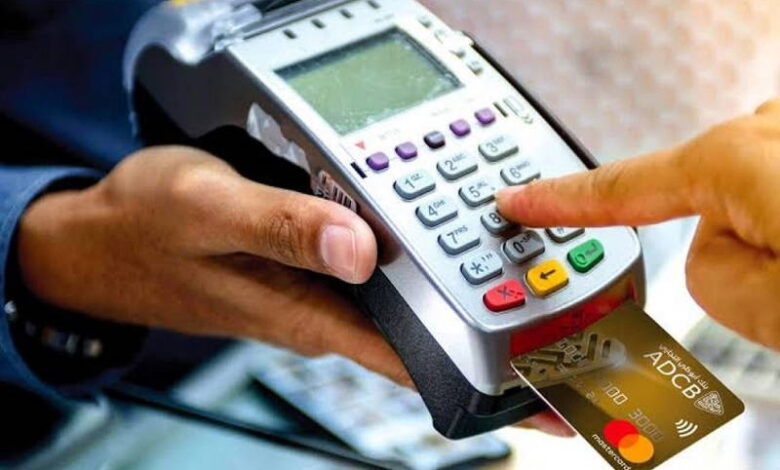Nigerian POS operators decry criminalization, push for stronger oversight

The Kwara Association of Professional Point of Sale Agents (KAPPSA) has raised the alarm over what it describes as persistent gaps in Nigeria’s financial technology ecosystem that leave POS agents vulnerable to fraud, unfair liability, and limited growth opportunities.
At a press briefing in Ilorin, KAPPSA President, Opakunle Ridwan Ayinde, said POS operators—who now serve as the “last-mile” bridge between banks and millions of Nigerians excluded from traditional financial services—are increasingly carrying risks that should rest with banks and fintech administrators.
Fraudulent Transactions and Criminalization
One of the most contentious issues, Ayinde noted, is the handling of stolen card transactions. According to him, while banks and ATMs rarely face penalties for dispensing cash from compromised cards, POS agents are often blamed and even arrested months after such incidents.
“Agents are accused, arrested, or even jailed, simply because they cannot produce the identity of a customer long after the transaction,” Ayinde said. “This is unjust.”
KAPPSA has called on the Central Bank of Nigeria (CBN) to mandate the installation of cameras on POS terminals and to integrate identity verification for transactions above ₦50,000. The association argues that capturing customer images and National Identification Numbers (NINs) would reduce fraud, protect consumers, and shield agents from wrongful criminalization.
Nigeria has witnessed an uptick in electronic fraud.
According to Nigeria Inter-Bank Settlement System (NIBSS) data, electronic fraud losses surged to over ₦17 billion in 2023.
POS transactions, which grew by more than 40 percent in volume last year, have become a prime target.
Recurring Transaction Disputes
Another concern is unresolved “failed transactions,” in which a customer’s account is debited but the POS terminal shows no payment. In such cases, POS agents are typically caught in the crossfire.
“A transaction should be either successful or failed—never both,” Ayinde insisted.
He urged the CBN to enforce clearer dispute resolution protocols, noting that the current opacity erodes trust in cashless payments.
Such disputes have become a hallmark of Nigeria’s digital payment ecosystem. In 2021, the CBN reported over 200,000 complaints relating to electronic payments, many of them linked to POS operations.
Access to Capital and Financial Inclusion
Despite their role in promoting financial inclusion, many POS agents lack access to affordable credit. Ayinde said most operators turn to high-interest informal lenders, which limit growth and sustainability.
“We are young entrepreneurs investing significant resources daily,” he said. “Supporting POS agents is not charity—it is an investment in Nigeria’s economy and future.”
KAPPSA is demanding government-backed empowerment loans with flexible repayment terms. Analysts say such financing could be a game-changer in deepening financial inclusion.
Over 38 million Nigerian adults remain unbanked, according to the Enhancing Financial Innovation & Access (EFInA) 2023 survey, and POS agents often provide their only gateway to formal financial services.
Sanitizing the Industry
Beyond systemic issues, KAPPSA also highlighted harmful practices such as the reported use of charms, or “juju,” in transactions, which the association says undermines credibility. Ayinde called for regulators, security agencies, and professional associations to collaborate in sanitizing the industry and enforcing ethical standards.
Wider Implications for Nigeria’s Fintech Sector
The association’s demands come as Nigeria’s fintech sector, the largest in Africa, faces growing scrutiny. While platforms such as Flutterwave, OPay, and Moniepoint have revolutionized payments, regulatory gaps remain. Experts warn that without stronger oversight, the trust deficit could slow adoption of digital payments—undermining Nigeria’s cashless policy ambitions.
By shifting attention to the plight of POS agents, KAPPSA is spotlighting the fragility of Nigeria’s financial inclusion infrastructure. As one analyst put it, “The sector cannot thrive if its frontline operators are criminalized for systemic lapses or denied access to affordable credit.”
Ayinde concluded by reaffirming KAPPSA’s readiness to partner with regulators, fintechs, and banks in building a transparent and sustainable POS industry.
Post Views: 16




